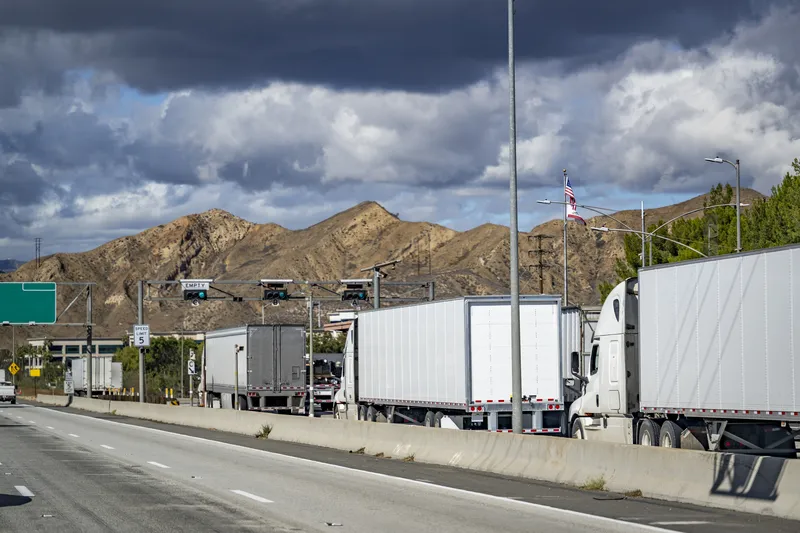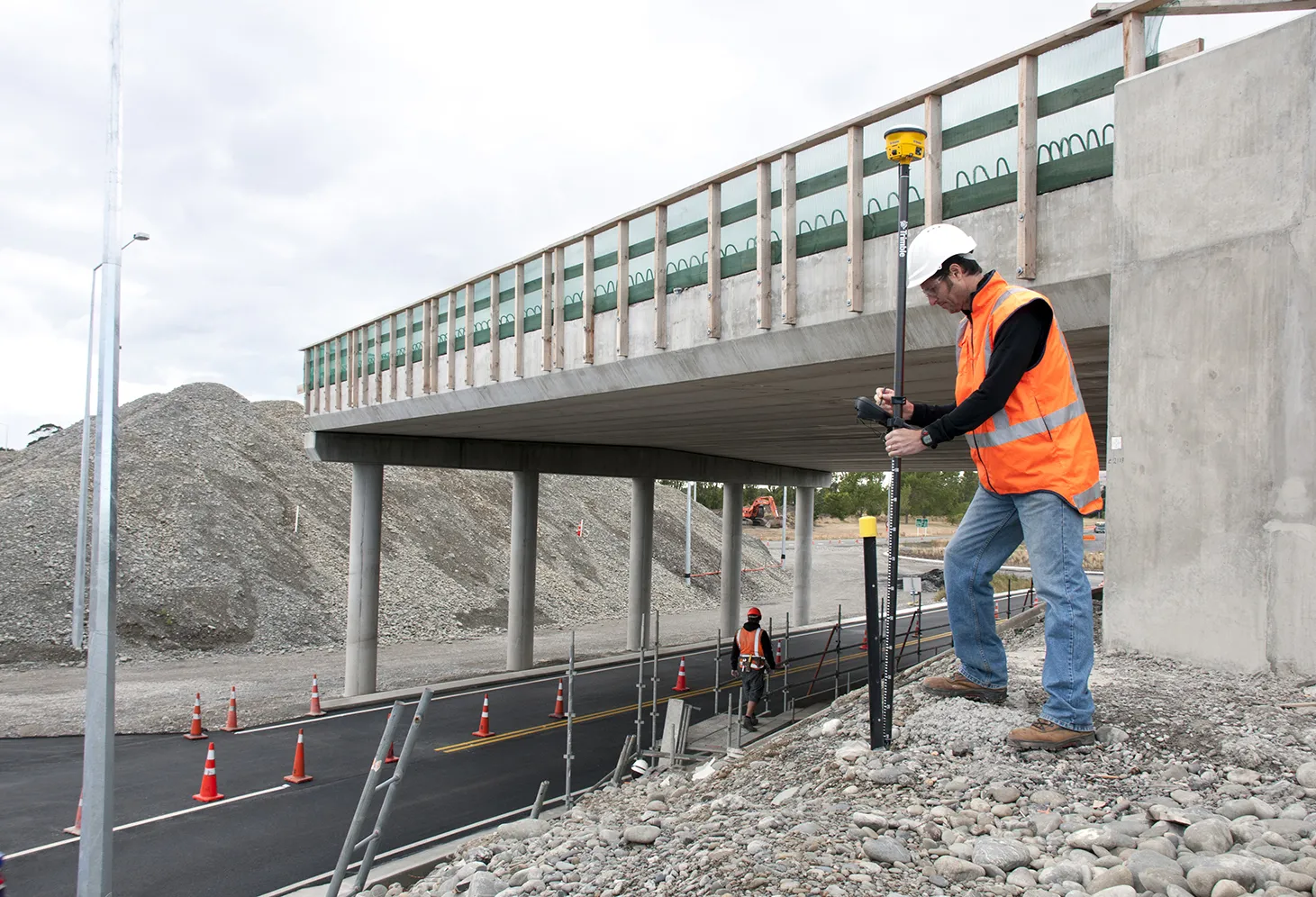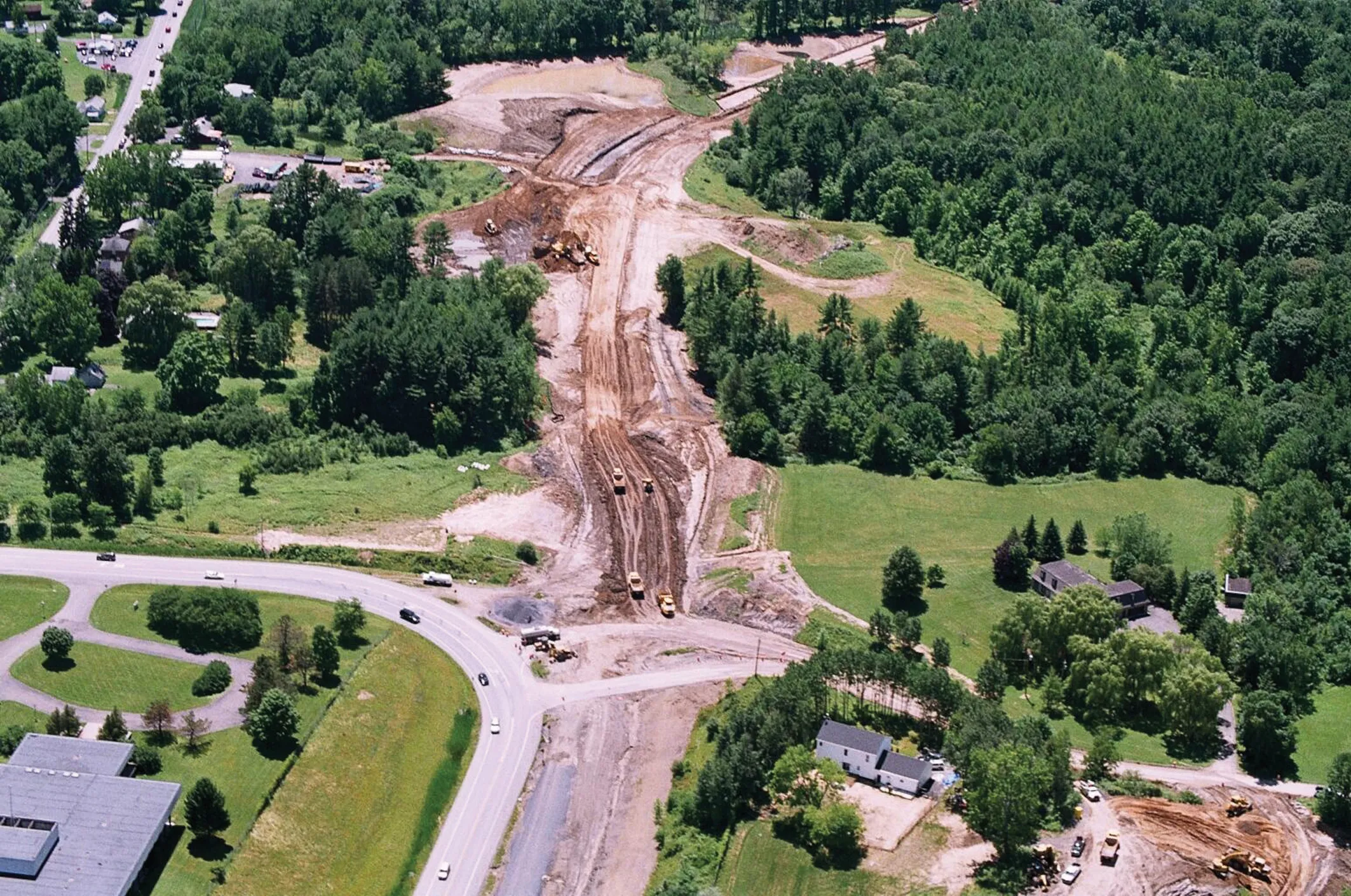
Rekor Systems and weigh-in-motion specialist Kistler have agreed a partnership to provide solutions for vehicle weight management, bridge structural health monitoring and safety applications.
According to the companies, “the strategic alliance marks a significant leap forward in real-time and predictive roadway intelligence, squarely addressing the critical issue of bridge and roadway infrastructure deterioration caused by dangerous, overweight vehicles”.
The integration of the two companies' technologies is “the first-of-its-kind solution” and is already playing a crucial role in detecting overweight trucks in New York City while serving as a prototype for the rest of the US. The city has been using weigh-in motion-sensors on City-owned portions of the Brooklyn Queens Expressway. License plate cameras are synched with the weight sensors to identify overweight trucks so that tickets can be issued to the registered owner of the vehicle.
Traditionally, law enforcement agencies have used permanent, sometimes called fixed, roadside stations to weigh and inspect trucks. However, fixed stations are expensive to construct and trucks can bypass them by using alternate routes. The forthcoming revision to the US’ National Institute of Standards & Technology Handbook 44 advocates for a proactive approach.
This should permit states and metropolitan planning authorities to use weigh-in-motion data for direct enforcement without requiring construction of a traditional brick-and-mortar weigh station. These stations are typically manned by resource-constrained state police troopers.
Kistler WIM sensors will be combined with Rekor's AI-driven vehicle recognition and advanced Edge Series Systems, equipped with processing that leverages AI and machine learning to gather and transform data. This combined solution will identify dangerously overweight vehicles and help enforce weight restriction regulations. It will also allow for additional analytics and insights to be drawn from the roadside to understand the overall impact for future planning.
In the US, there are a total of 617,000 bridges. Among them, 42% have exceeded 50 years in age and more than 46,000 are categorised as structurally deficient. According to the American Trucking Association, despite representing only 11% of all vehicles on the road, the trucking industry is responsible for a staggering 99% of all road damage.
In 1974, bridges were granted special protection against increasing truck weight limits, leading to the development of the Federal Bridge Formula. This formula aids in determining the appropriate maximum gross weight for commercial motor vehicles based on factors like axle count and spacing.
The impact of an overweight vehicle on the roadway doesn't follow a linear pattern. For instance, a five-ton axle doesn't cause just five times the damage compared to a one-ton axle. It results in 625 times more damage.
"Combining Rekor's AI-driven solutions with Kistler's cutting-edge Weigh-In-Motion technologies, we are improving and redefining global roadway standards for safety and efficiency," said David Desharnais, president and chief operating officer of Rekor.
"Our combined technologies facilitate a forward-thinking methodology in transport infrastructure, greatly improving the resilience and security of bridges and roads," noted ," said JT Kirkpatrick, president and North America sales manager for Kistler Traffic Solutions.
Rekor Systems develops and implements roadway intelligence systems using AI-enabled computer vision and machine learning Rekor One Roadway Intelligence Engine is at the core of the company’s our technology.
Kistler is a global supplier of quartz weigh-in-motion sensors and electronics to provide solutions for traffic weight management, bridge structural health monitoring and safety applications.









